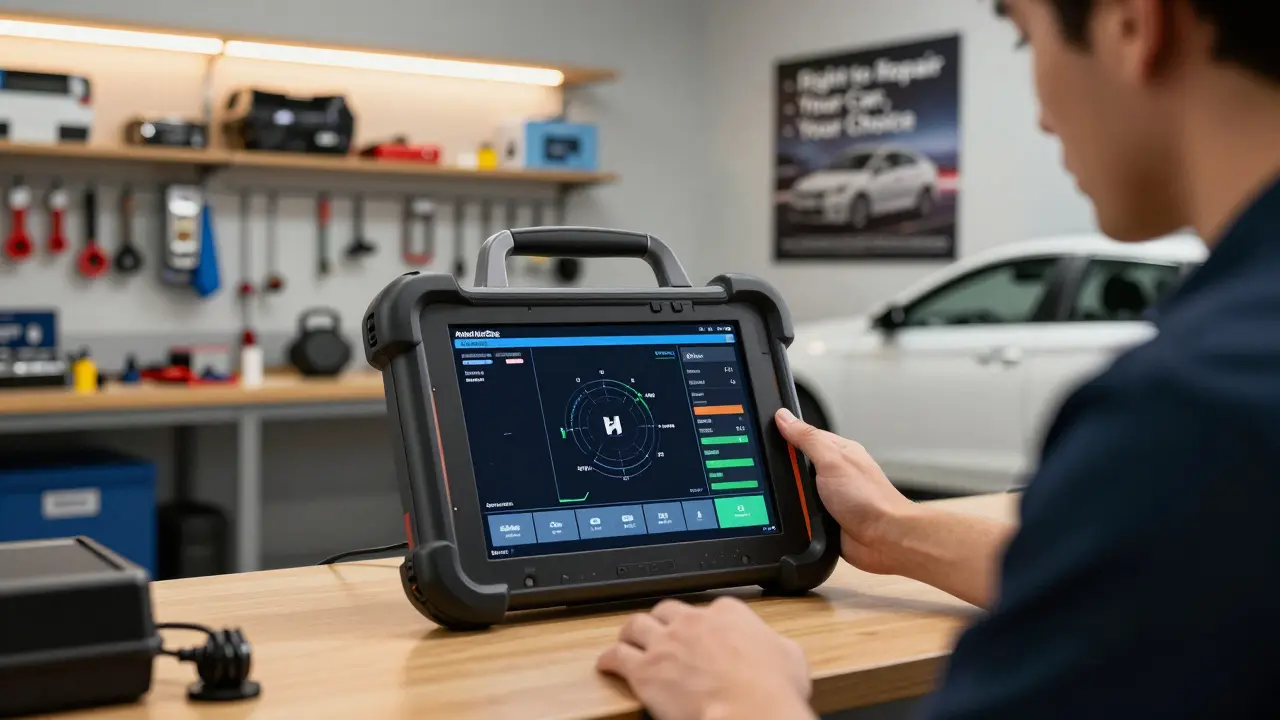Car Buying Tips: What Really Matters Before You Buy
No one likes haggling, getting tricked by slick sales talk, or driving off the lot only to regret a car purchase. Getting a solid deal on a car isn’t just about crunching numbers or chasing a low sticker price—the small stuff under the hood matters just as much as the big stuff people rave about. Understanding car parts, maintenance stories, and what affects resale value saves time, cash, and frustration.
First off, dig into the car’s history. Ask for a service record, scan for signs of regular oil changes or skipped brake jobs. Cars with proof of routine maintenance live longer and have fewer ugly surprises later. If you spot a car with brand new but low-quality aftermarket parts, slow down. Not every shiny part means “improved”—sometimes, cheap replacements hurt value or signal a past problem.
Zero in on the parts that drive resale value. Original engine parts (OEM), fresh but matching tires, healthy brakes, and intact electronics matter most. Missing or funky-sounding engine parts? Walk away. The condition of these basics tells you way more than a spotless dashboard.
Sneaky costs trip up even seasoned buyers. Sure, the price tag might look low, but what about the stuff you’ll need to fix right away—timing belts, battery, worn suspension, out-of-date airbags? Ask the seller directly when these last got replaced and factor that into your real budget. Sometimes, haggling isn’t about lowering the price, but getting those must-do repairs done before you sign.
If fuel efficiency or eco-friendliness is on your list, check under the hood for upgrades. Swapping an old air filter or tired spark plugs boosts mileage instantly. More and more, buyers look for green parts—things made from recycled materials or lower-emission tech. These details might be small but can make a big difference in ongoing running costs.
Bring someone you trust on test drives—maybe a mechanically minded friend or a local mechanic. Dealerships hate this move but it’s your best defense: a fresh set of eyes catches little rattles or warning lights you’d miss.
Don’t skip over the car’s tech. Infotainment, backup cameras, and safety systems sell cars quickly but cost a ton to repair when neglected. Test every button, plug in your phone, listen for weird sounds from built-in speakers—annoying glitches add up fast and are usually a pain to fix.
Always test everything in different conditions. Try the air conditioning, the heater, the wipers, headlights, and even the seat adjustments. If anything feels off, it’s a hint about the car’s past care.
Remember, buying a car isn’t just about falling for a fancy model. It’s about getting a vehicle built to last with parts that have been cared for. Focus on real records, trusted parts, and what you need every day. That’s how you drive off feeling good—and stay happy behind the wheel.


Mastering the Art of Buying Used Cars: Tips and Tricks
- 10 Comments
- Mar, 22 2025
Buying a used car can be a smart financial move if you know what to look for and how to negotiate. This guide provides essential tips for inspecting vehicles, understanding pricing, and ensuring a good deal. Discover how to research a car's history and avoid common pitfalls. With this information, you'll feel more confident when purchasing a used automobile.
